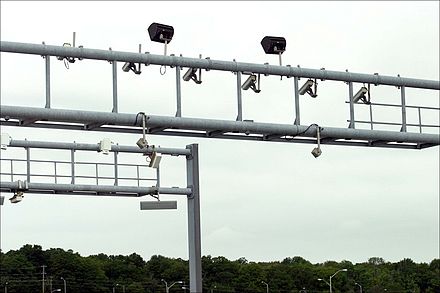Driver undergoing sobriety test.
From Robert Whitcomb's "Digital Diary,'' in GoLocal24.com
Happy news: Safewise.com, which studies community safety, shows that Rhode Island has the fourth-lowest driving-while-intoxicated fatality rate among the 50 states, despite its reputation for having bad drivers. Just three states – New Jersey, Utah and New York – had lower rates. Massachusetts was the sixth lowest, but Connecticut was only 15th best. Thank good public-education campaigns on the perils of drunk driving, strong policing and in the case of Utah, the fact that Mormons aren’t supposed to drink!
xxx
Wall Street 24/7 reports that Rhode Island has the highest percentage of poor roads in the country, at 24.6 percent, and the highest percentage of states with deficient bridges, at 23.3 percent. And perhaps not coincidentally the 16th lowest percentage of state highway spending per driver a year: $408.
Years of state underfunding have led to this situation, exacerbated by the usually Republican-controlled Congress’s refusal to increase the federal gasoline tax since it was last raised, in 1993, to 18.4 cents per gallon and 24.4 cents per gallon for diesel fuel. That money is supposed to go to build and repair transportation infrastructure.
This anti-tax mania has reduced federal money available to the states for transportation, as have better fuel efficiency and, in the past few years, the arrival of electric cars.
But anti-tax mania when it limits public-infrastructure building and repair ends up costing individuals and businesses a lot, in travel delays and broken equipment.
Gov. Gina Raimondo’s Rhode Works program, which includes new truck tolls – commercial trucks do the lion’s share of damage to roads and bridges -- to help pay for it, is much appreciated. Governors for decades have tried but failed – and then surrendered in efforts to address this serious threat to safety and the state’s economy.

















